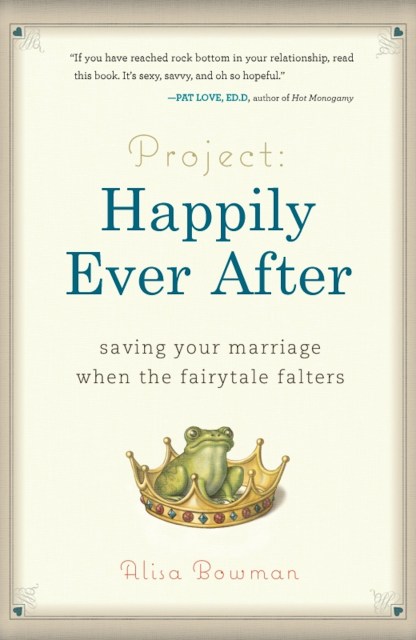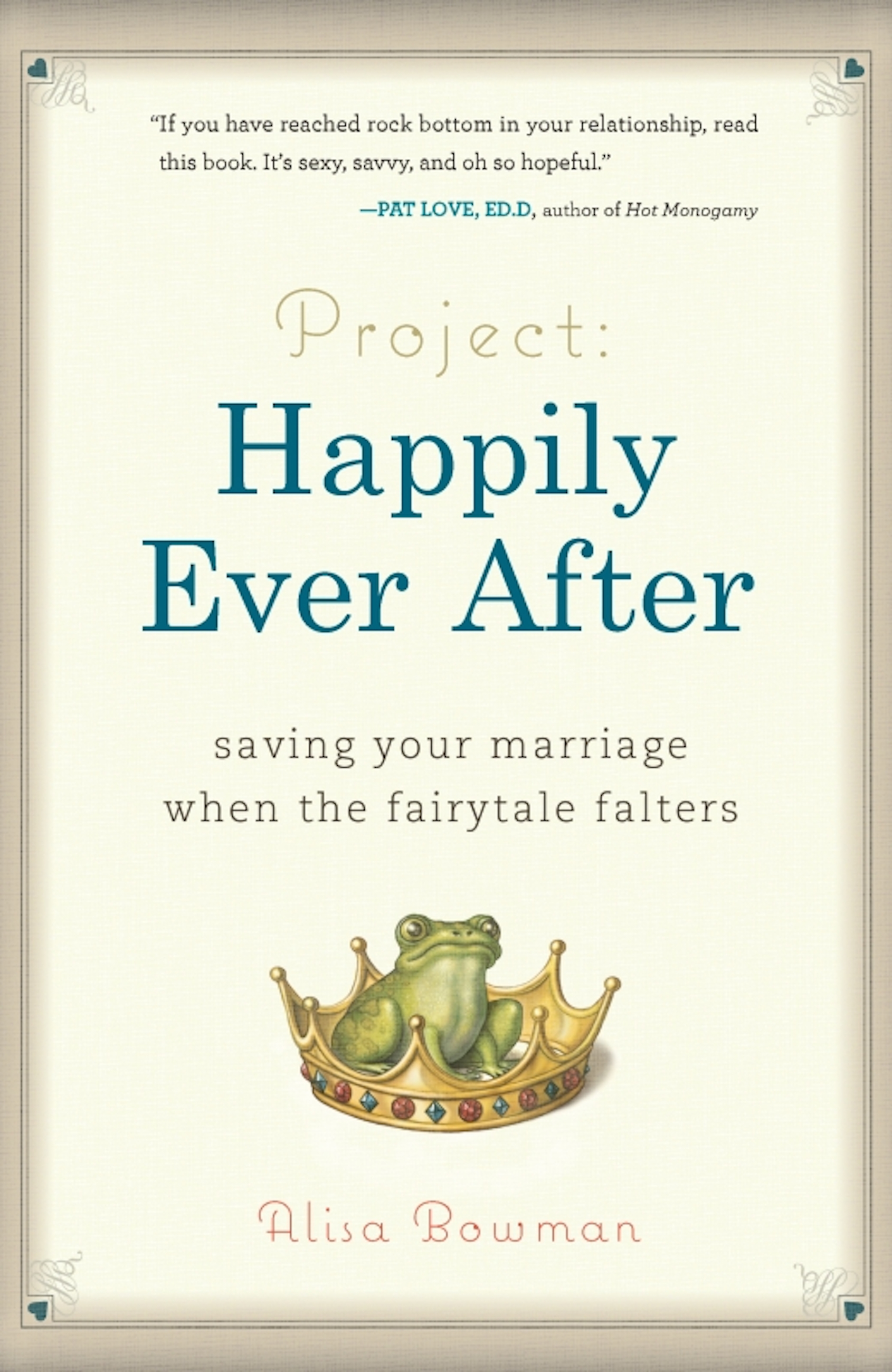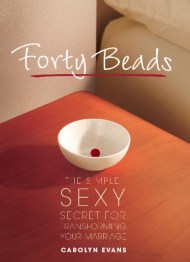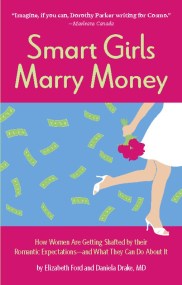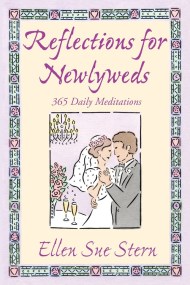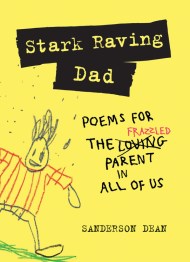Promotion
Use code MOM24 for 20% off site wide + free shipping over $45
Project: Happily Ever After
Saving Your Marriage When the Fairytale Falters
Contributors
By Alisa Bowman
Formats and Prices
Price
$13.99Price
$17.99 CADFormat
Format:
ebook $13.99 $17.99 CADThis item is a preorder. Your payment method will be charged immediately, and the product is expected to ship on or around December 28, 2010. This date is subject to change due to shipping delays beyond our control.
Also available from:
From bikini waxes to erotica, romance instruction manuals to second honeymoons, the silent treatment to power struggles, she goes where many marriage-improvement gurus have feared to tread. Equal parts funny, poignant, and most importantly, useful, Bowman’s story will give other miserably-married folks courage and hope. And in addition to telling her own story, she packs straightforward prescriptive guidance, including a “10-Step Marital Improvement Guide.” Readers will laugh. They’ll cry. And they can start on the road toward their own happy ending!
Genre:
- On Sale
- Dec 28, 2010
- Page Count
- 256 pages
- Publisher
- Running Press
- ISBN-13
- 9780762441662
Newsletter Signup
By clicking ‘Sign Up,’ I acknowledge that I have read and agree to Hachette Book Group’s Privacy Policy and Terms of Use
